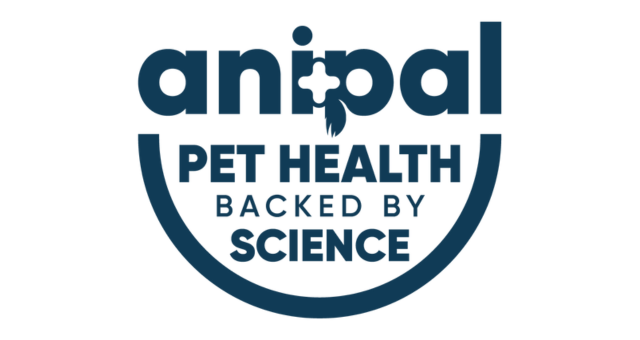
Puppies are adorable bundles of energy, but their rapid development requires specific care. Here's a vet-approved cheat sheet:

- Nutrition: Select a premium grade puppy food formulated for their breed size and life stage. These provide essential nutrients like protein for muscles and DHA for brain development. Ensure you follow the instructions on the packet to avoid overfeeding and if you’re concerned, please ask your vet, especially in large breeds prone to skeletal problems.
- Vaccination: On-time vaccinations protect your pup from life-threatening diseases. Be sure to see your vet when your puppy is 6-8 weeks for an initial appointment and to organise their vaccination and general health schedule.
- Training: Positive reinforcement training from an early age establishes a great relationship and prevents behavioral problems. Dogs love learning and training! House training, basic obedience training and recall are great areas to begin this journey.
- Parasite Prevention: Regular deworming and flea/tick medication safeguard your puppy's health and prevent the spread of parasites to your family. Chat to your vet when you first get your puppy at the 6-8week At your inital appointment with your vet, you will develop a parasite prevention protocol. Important parasites to be aware of and control include intestinal worms, heart worms, fleas and ticks.
- Desexing and microchipping: Most puppies are microchipped at the breeders, so new owners need to be sure their details are updated on the online database which is connected to microchips. For desexing, we recommend chatting with your vet who can recommend the best time to consider desexing your dog to prevent morbidities and allow healthy growth and development.
- Exercise: Provide age-appropriate exercise to burn energy, promote muscle development, and mental stimulation. Avoid strenuous activities that can damage growing bones. Chat to your vet if you have any further questions about age-appropriate exercise for your puppy.
- Mental Stimulation: Provide interactive toys and activities that encourage mental stimulation, problem-solving, and playfulness. Rotate toys regularly to keep your puppy engaged and prevent boredom.
Remember the above is a guide to help ensure your puppy is given the best start. The puppy period is a high growth period, where puppies commonly experience many stressors including weaning from milk and mum, settling into a new home, desexing, vaccinations and new foods all on top of growing physically and mentally! In this busy first year, puppies can need increased nutritional support to ensure they have all the building blocks required to navigate this period. Our Puppy Formula Powder Meal Topper (Coming soon) is specially formulated to give you (the owner) peace of mind that your puppy’s digestive health, immunity and development is being nourished.

Launching June, keep an eye out! We recommend every puppy to include this in their diet to ensure they get the best start!






